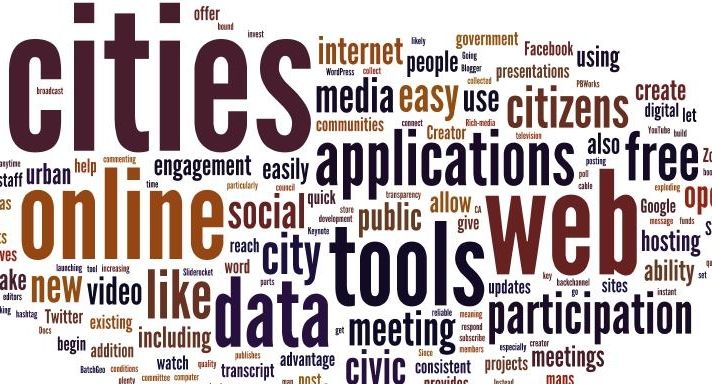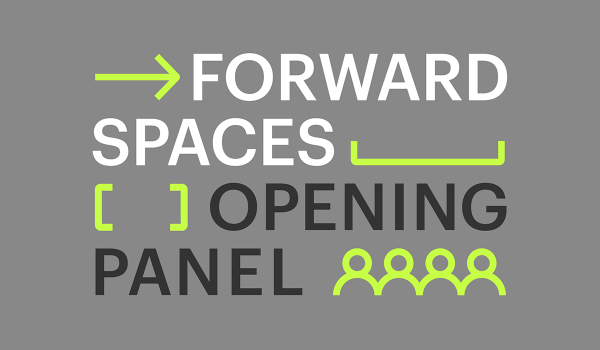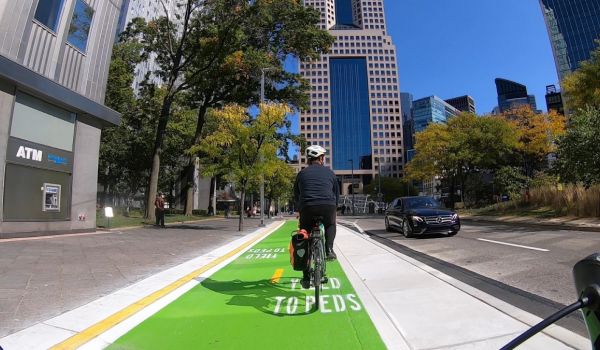If you attend any gathering of city officials this year, you are bound to hear conversations about how cities can begin to go about using social media and other web tools to reach out to its citizens. This exploding interest is certainly partially due to all the media coverage about government efforts to use the Internet, including government-sponsored developer competitions designed to create custom web applications that facilitate civic engagement and government transparency. While these sorts of initiatives can result in exciting new tools for civic participation, for most cities, this isn’t a realistic option. Fortunately for them, there are a lot of existing web applications – most of them free to use – that cities can use to begin start their online outreach efforts.
Most cities already have an official website, but increasingly even these cities are launching blogs that allow for quick and easy updates for city staff, and give the public the ability to comment and subscribe to site updates via RSS feeds. Free blog hosting providers – including Blogger, WordPress, and Tumblr – make this pretty easy to do.
In addition (or as an alternative to a blog), many cities are using social networking sites like Facebook and Twitter to reach out to citizens and get the word out about events and happenings. Facebook can be particularly useful for posting documents (such as meeting agendas and notes), and hosting discussions. While these tools require a consistent level of effort on the part of cities be effective, they can help cities plug into the online communities of citizens.
Twitter also has applications as a back-channel commenting system during public meetings. Tools like Todaysmeet make it easy to set up a feed that can be displayed on a projector, and offer the ability to save a transcript of all tweets over a period of time with a specific hashtag included. This transcript could then be analyzed for key ideas that came out of the meeting. (This could be as easy as running it through a word cloud tool such Wordle). Also during a meeting, web tools like PollEverywhere and TextTheMob let audience members respond to poll questions by simply sending a SMS message or Tweet from their cellphone, and provide instant results.
Though some cities already record council and committee meetings for broadcast on local cable television, free video-hosting websites like YouTube and Vimeo (along with inexpensive video cameras such as the Flip) mean that any city can post videos of meetings so that citizens can watch online at anytime. Even more useful in this context is a service called VeoTag, which provides the ability to add annotated bookmarks to a video, which allows viewers to easily watch only the parts of a meeting that they might be interested in.
In addition to a recording of the meeting, cities can post slide show presentations online for people to view. Rich-media tools like SlideRocket and Prezi allow cities to create online presentations that rival or surpass the quality of PowerPoint and Keynote, and have the added advantage of being accessible from any computer with an Internet connection.
Cities are also taking advantage of crowdsourcing tools such as UserVoice and IdeaScale to collect suggestions from the public and allow citizens to vote on their favorite ideas. For more customized online data collection, online form tools such WuFoo, ZOHO Creator, and Google Docs can help cities easily data entry forms (ZOHO Creator also has a free online database creator to store and query the collected data). Going further, sites like PBWorks, Wikispaces, and DoingText offer wikis and real-time document editors can let city staff collaborate with the public on new policies and plans.
When it comes to presenting geographic data online, Google Maps provides an easy way to create digital maps with embedded data. Instead of just offering a list of development projects, the City of Burbank, Calif., publishes a map showing all new projects in the city. Tools like BatchGeo and GeoCommons make quick work of importing and mapping a spreadsheet of addresses, meaning that maps can be easily updated with new data.
Since all of these tools are free to use, cities can experiment without having to commit new funds. Of course, it’s important to understand the terms and conditions associated with some of these applications, especially when data is being stored online. That said, several of these tools are used by lots of people (including major corporations), and are generally secure and reliable.
As more cities invest in social media initiatives, it’s likely that more city centric web applications will come online, which has lots of implications for the expansion of civic participation online. Until then, there’s plenty that cities can do using existing applications to build their digital presence and give residents access to more information about their communities.
















